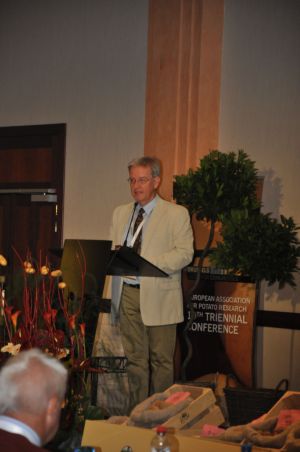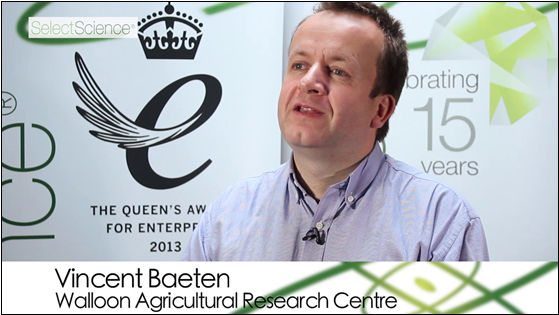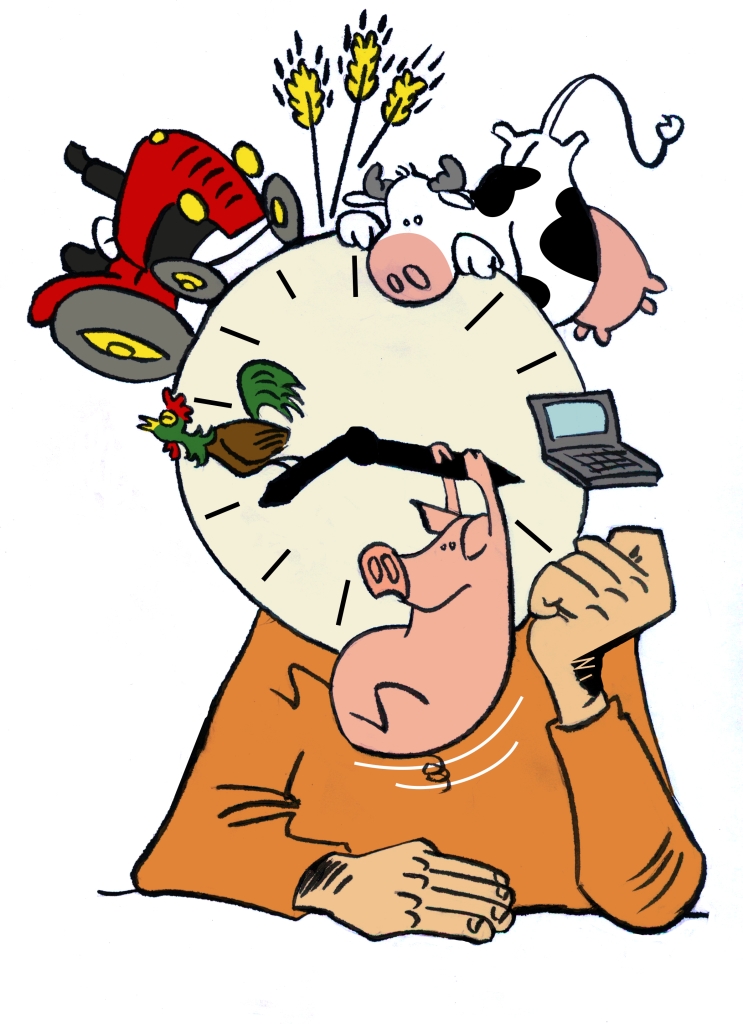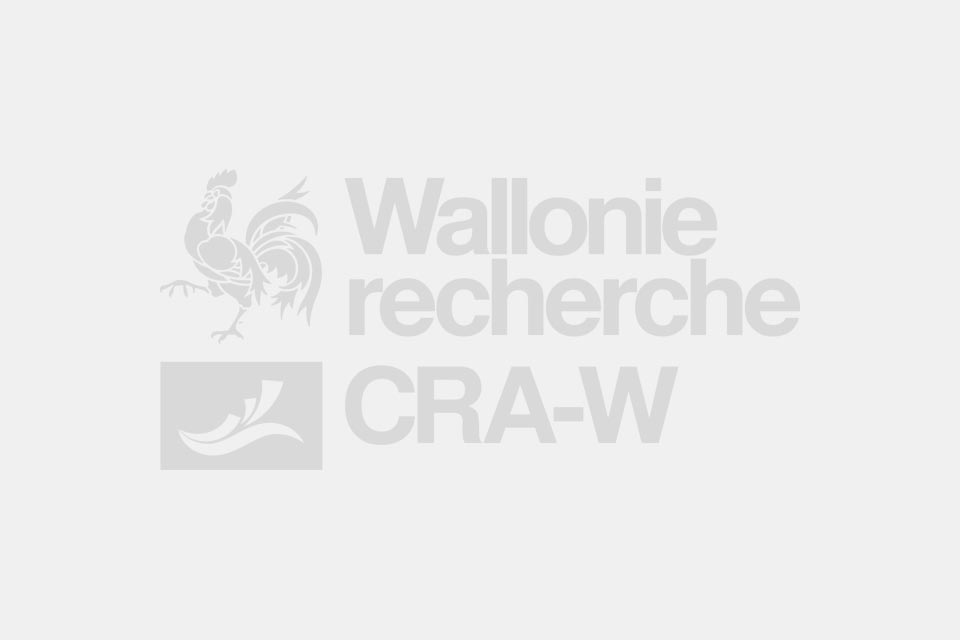News


Infrared spectrometry in animal feed testing
The diversity of plant protein supply sources available to our farms necessitates faster, cheaper tools to prevent contamination and detect fraud.


19th EAPR (European Association for Potato Research) Triennial Conference
On the initiative of CRA-W, the 19thTriennial Conference of the European Association for Research on Potato was held in Brussels from 6 to 11 July 2014, and was a successful international...


Traceability and Authentication of the tomorrow’s products
In the framework of the ASSET 2014 conference on food integrity and traceability, CRA-W gave talks and presented posters about its expertise in vibrational spectroscopy for monitoring...


Organising farm work, an investment that pays
A recent survey in the framework of the Duralait Plus project found that work organisation is a key concern for farmers who, like all self-employed people, aspire to similar working...

Lameness as an indicator of dairy herd health
Lameness is a well-known pathology in cattle, but its significance is often underestimated. Nevertheless, it ranks third among reasons for culling dairy cows, after mastitis and reproductive...

Our forests threatened by non-native fungi
In the last 30 years our forests have increasingly suffered so-called ‘emerging’ diseases caused by virulent pathogenic fungi from other continents.


Sharing expertise in new spectroscopic techniques
Under a scientific cooperation agreement between Brazil and Wallonie-Bruxelles International (WBI), CRA-W and Universidade Estatual de Campinas UNICAMP have joined forces to study...

Oilseed rape growing with no pollen beetles and no insecticide - utopia or reality?
Of all the crops grown in Wallonia, Oilseed rape is one of the biggest insecticide consumers. There may be alternative solutions!

Full speed ahead for Walloon potatoes
CRA-W’s potato breeding programme forged ahead in 2013 with the start of a research project, an application to register a clone in the Belgian catalogue and the close involvement of...


Brochures and folders
Our technical publications, our thematic documents





